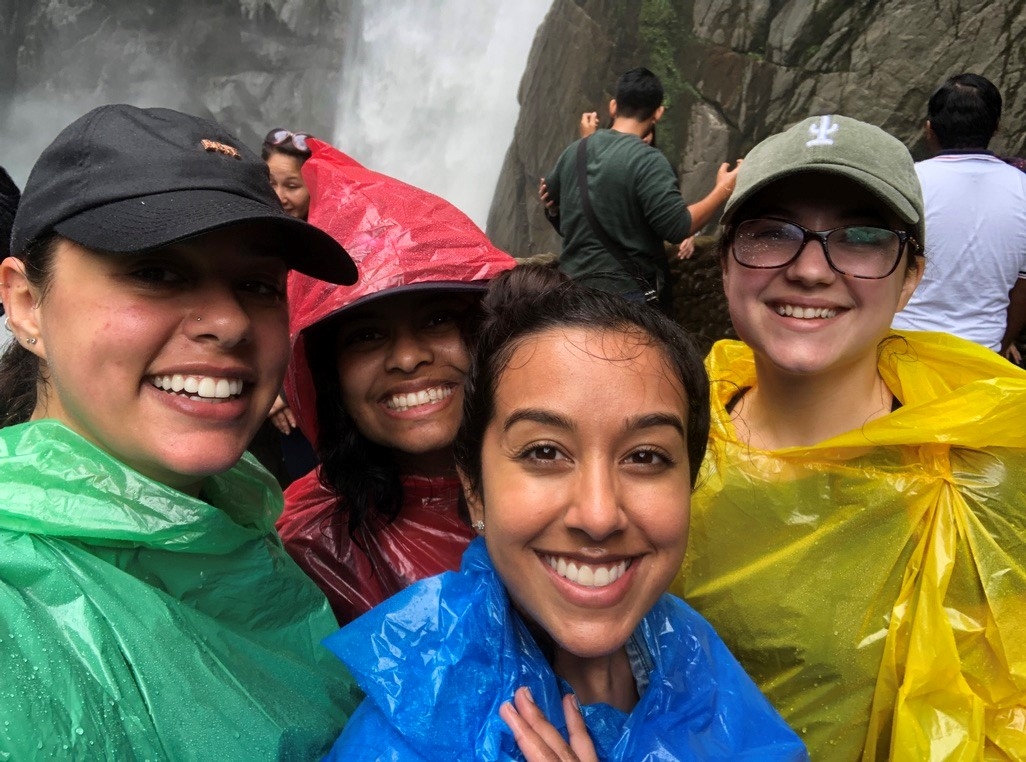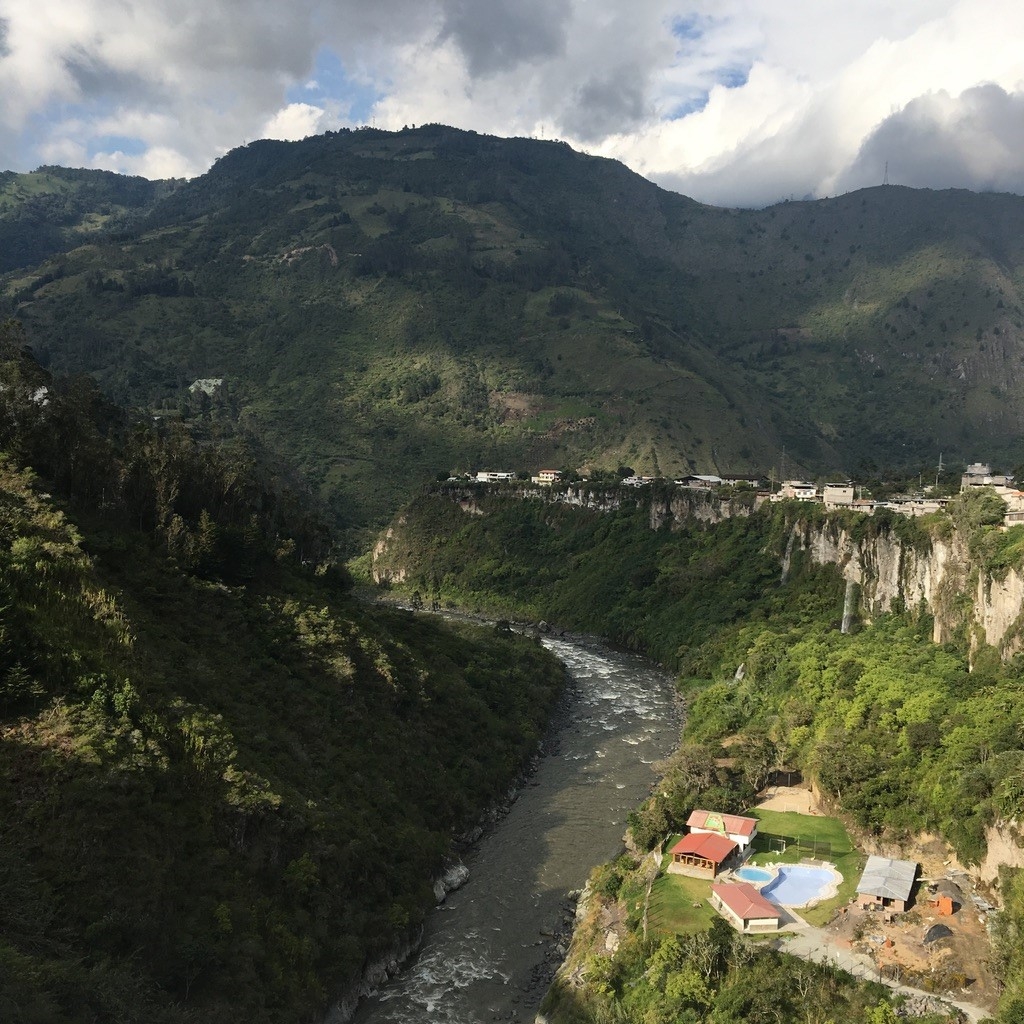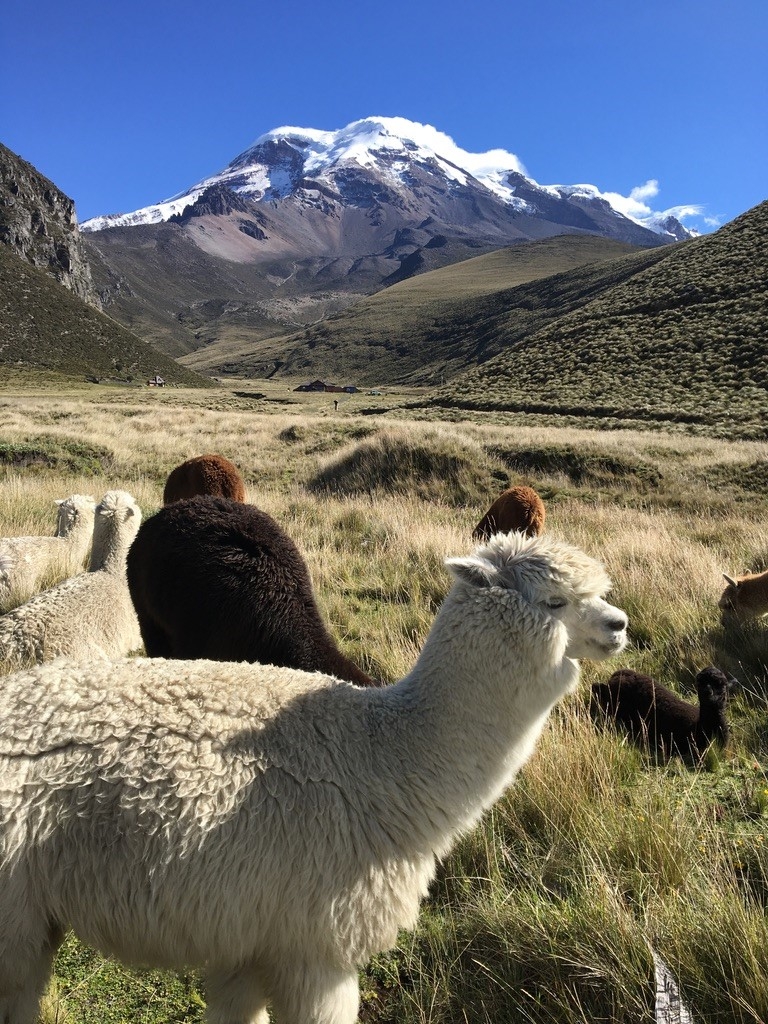Resident Experiences
"While in Uganda, I spent most of my time at Mbale Regional Referral Hospital, which is the only hospital in the city of Mbale. Mbale is a poor, semi-rural city with very little resources. I worked in the pediatric high dependency unit, which is equivalent to a pediatric intensive care unit here in the US. One day per week, I also worked at one of the local clinics seeing pediatric patients for sick visits. Most of the patients I saw were anemic, either from sickle cell, malaria, or both. Blood supply waxes and wanes, usually remaining on the lower end, so anemia is a frequent cause of death. It was beyond difficult seeing children die from a problem that could be easily treated if adequate supplies were available.Overall, the experience was eye-opening. Culture shock was an issue for me for most of the trip but I’m glad that I stuck it out. It was hard being there alone without anyone I knew. However, there were a few other US residents from different programs rotating at the same time which made the experience slightly more comfortable. I also experienced an African safari which was amazing. The program was well organized, especially with traveling within the country and getting to and from the airport. The people of Uganda are friendly and welcoming and the country is beautiful."
-Jasmine Smith, Graduated class of 2021
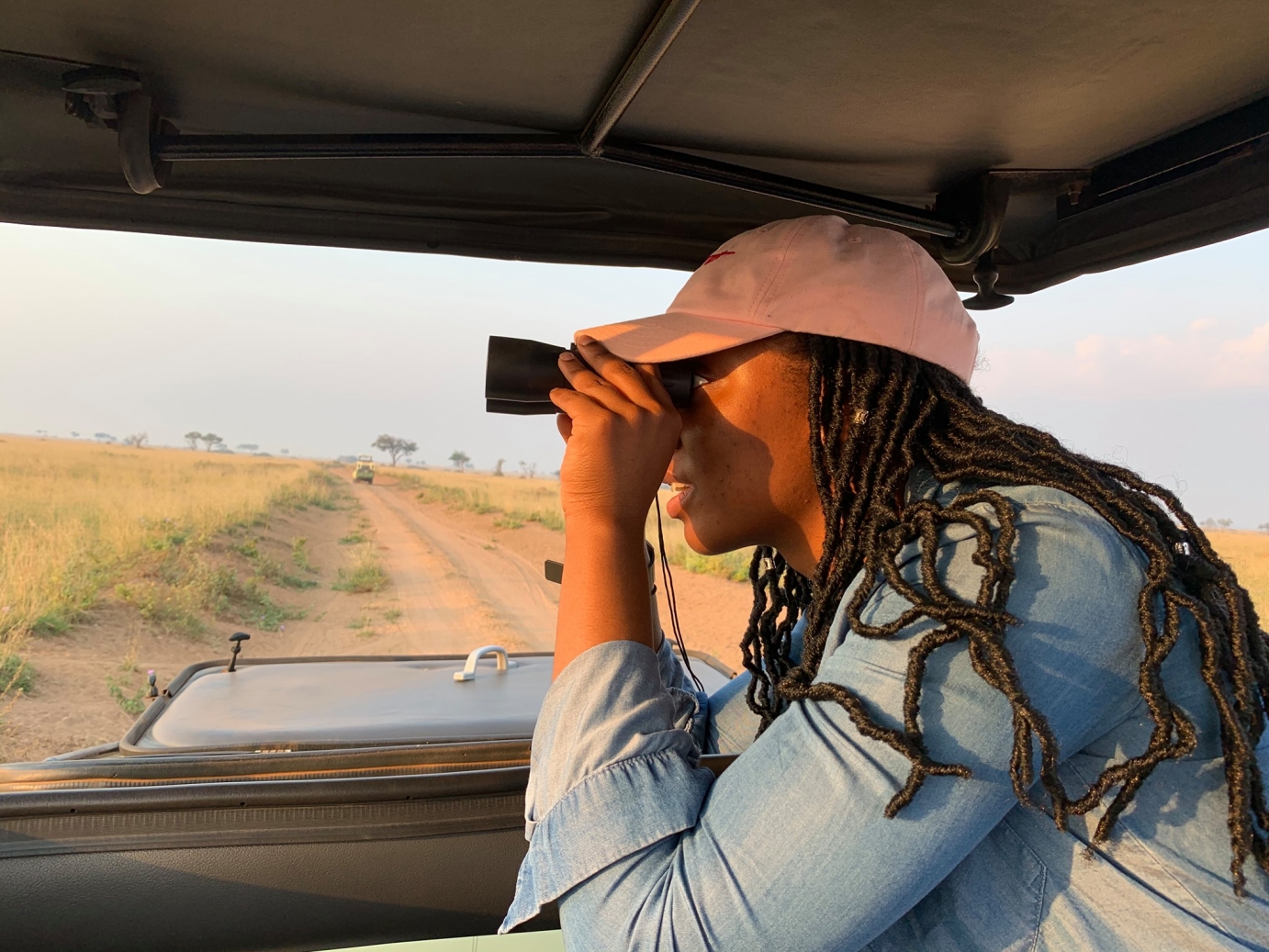
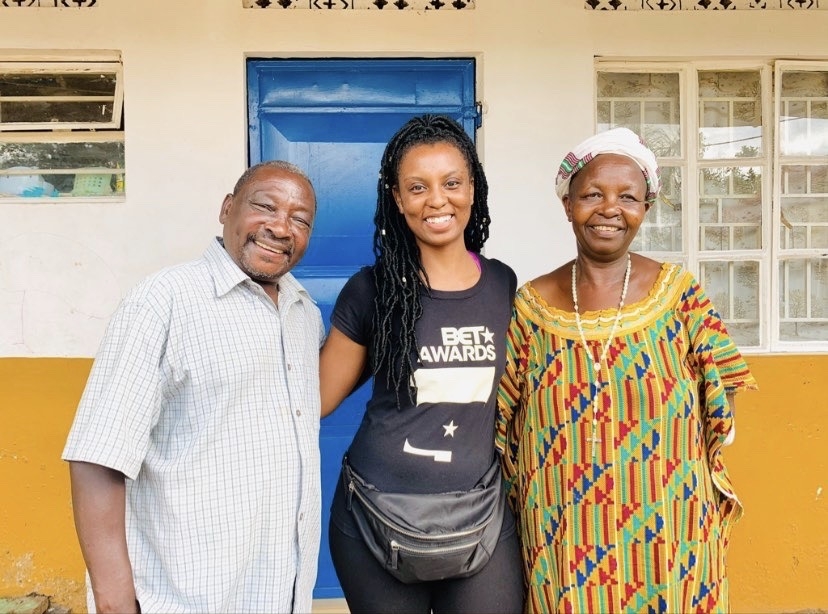
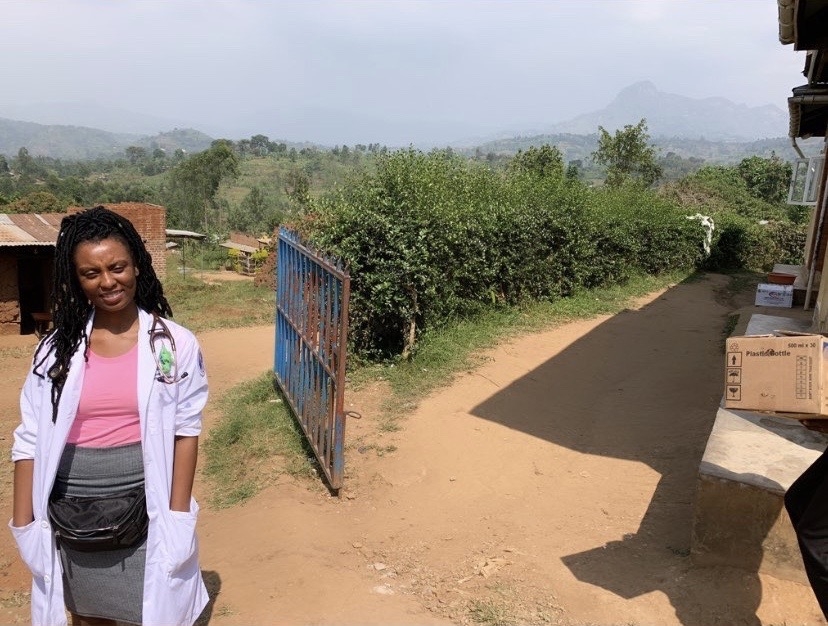
"We were able to work with pediatric residents in Dharan, Nepal for several weeks and spend time on their wards, in the ED and in the NICU/PICU. I was surprised by the diverse pathology I saw on the wards and in the ED. It was incredibly interesting that the disease processes that I thought were unusual were “bread and butter” to these pediatric residents. The hospital we rotated at is partially government funded, which means if a patient can’t afford to pay for care, their stay might be covered by the hospital, but it has to be approved by the administration for this to happen. If a family can’t afford surgery or medication and it isn’t approved by the hospital, the family takes their child home without much argument at all. As you can imagine, I saw some heartbreaking scenarios that can’t be compared to anything I’ve seen in the US. We left Nepal with a feeling that our time there wasn't done and I hope to return someday."
-Alyssa Bernardi, Graduated Class of 2020
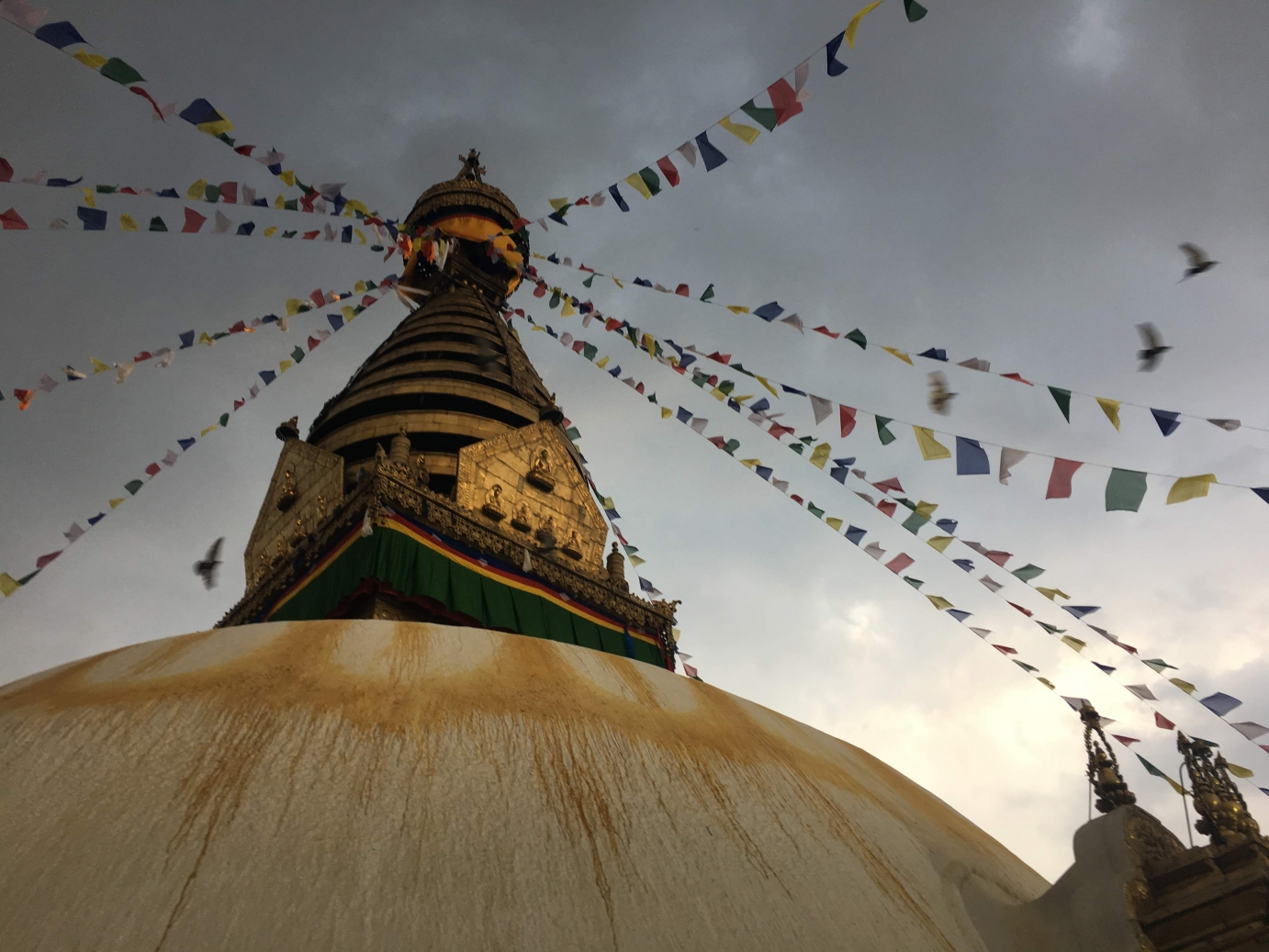
"My global health experiences were some of the highlights of my residency. The university offers an excellent global health course which is open to 4th year med students, Family Medicine and Pediatric residents. The course had a wide variety of speakers, many of whom were attendings in different specialties who themselves had global health experience. The lectures were interactive, pertinent, and there was also a strong practical component where we were taught hands on skills as well as brought on field trips to Nogales, MX and a center for asylum seekers. I was able to do a rural rotation on a Navajo reservation in Chinle, AZ which was an excellent learning experience as well as an incredibly beautiful area of the state to explore. The staff and patients were amazing. I did a rotation in eastern Nepal where I spent time on the wards, in clinics, and in the pediatric emergency department. I coordinated my vacation to follow the rotation so I was able to explore more of the country and trek by the Himalayas which was definitely an unforgettable experience.'I am originally from Canada and always planned to return. Given my plans to return to practice in Canada, I was able to do an away rotation in a northern indigenous community in Quebec where I got a better understanding of the needs of the communities I plan on serving as well as picked wild blueberries and cranberries, saw the northern lights and met some great people".
-Alex Dionisopoulus, Graduated Class of 2020
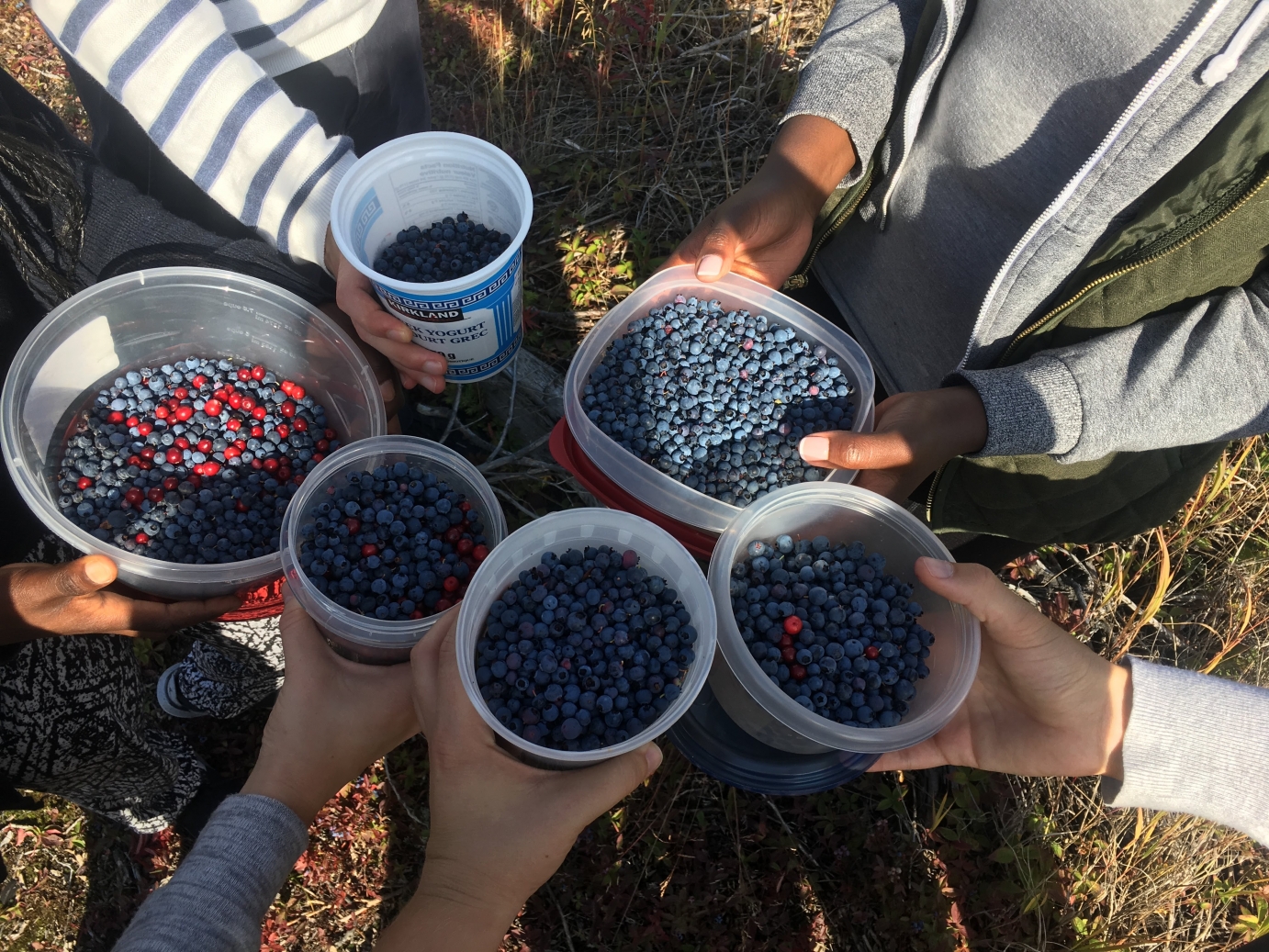
"I decided to do something way outside of my comfort zone last year and travelled solo to South America for a Spanish immersion program. I’m so glad I did. I chose Cachamsi, because I wanted a structured Spanish education paired with clinical exposure. There were multiple housing options, but for the full immersion experience I chose to stay with a host family. My host parents were so sweet and welcoming. They would make me breakfast every morning before I headed out to clinic. My host mom took the bus with me the first few mornings until I got the hang of the transport system. They use US currency, and it cost ~25 cents to ride the bus. I’d then spend the morning in clinic. I chose to go to a new clinic site each week to get different exposures. The first week was in rural clinics where they let me interview patients and we discussed treatment plans. One day we walked around house to house with vaccines. The second week I mostly saw newborns, then the third week was hospital medicine, and the fourth week was outpatient. I felt like my clinical experience mirrored that of a medical student in the US, but I was more focused on learning the language. After my morning of clinical experience, I’d take the bus to my host “grandma’s” house and she would have a big lunch for me, my host mom, another exchange student, and several family members. They’d always make sure to explain the cultural and historical significance of each meal they’d cook. Then I’d take the bus back to Spanish class for a pretty intensive afternoon of lessons with other students. We’d get Spanish homework every night so I would come home, hang out with my new friends, eat dinner with my family, and then do my homework. It kind of felt like I was back in high school, but in a good way. On the weekends we had time to travel to other places in Ecuador which was nice. The first weekend I went to Banos, a more tropical, Ecuadorian tourist location with tons of waterfalls and cute shops. The next weekend we went to Quilotoa which has a crater lake you can hike around and kayak in the water. The following weekend we went to Cuenca, a quaint, almost European-like city with fun bars and nightlife. Lastly, we hiked up Chimborazo, the large volcanic mountain you can see from almost anywhere in the city. If you plan ahead, you could also take a trip to the Galapagos. A lot of people went to the Amazon rainforest, but I opted out because I didn’t have my yellow fever vaccine. While there, I crossed paths with three other UA people: 1 was a family medicine resident, and the two others were medical students. There were more fourth year medical students than residents. I would say I crossed paths with about 5 other residents while there. Overall, I had a great experience, loved my host family, and made some amazing friends that I still keep in close contact with today. The one thing I would change about the experience is I wish I could have had more clinical exposure and have seen more pathology. However, if you are going mostly for the clinical Spanish education, as I was, I would definitely recommend!"
- Ariel Garcia, Graduated Class of 2020
